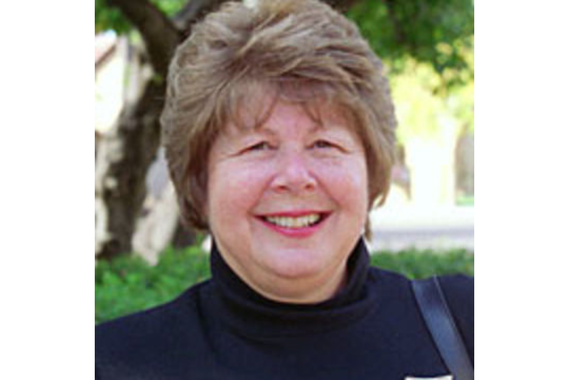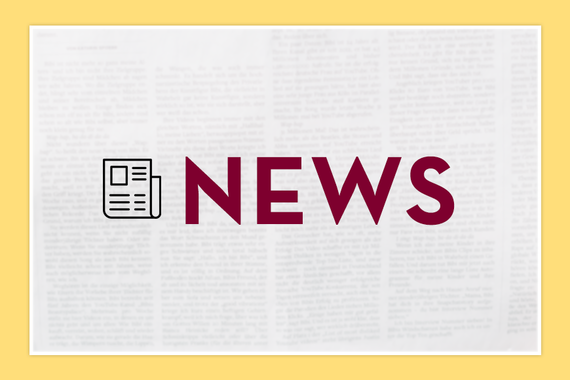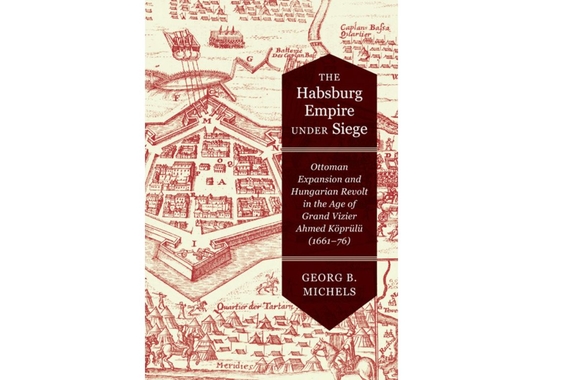CfP: Rural and Urban Jewries Between Tradition and Modernity
CfP: Rural and Urban Jewries Between Tradition and Modernity. International Junior Scholar Workshop, University of Bamberg, July 27-29, 2020
The dichotomy of ‘tradition’ and ‘modernity’ characterizes our image of Jewish history and culture to this day. The dualism of “land equals stagnation” and “city equals modernization” is a common scholarly pattern that needs to be questioned. The relationship between city and countryside has mostly been seen as a one-way street and as an “either/or”, either city or country. This raises the question: is this dichotomy tenable in light of newer research on transformation processes? One such example is German Jewry, as analyzed by David Sorkin (The Transformation of German Jewry, 1780-1840, 1987) as well as other scholars. Such a stark contrast obscures important questions: What happened in-between city and countryside and in movements that headed in both directions? How are categories like “city” and “countryside” complicated by connections and transfers of persons, texts, objects, ideas, and institutions?
This interdisciplinary workshop therefore focuses on the phenomenon of rural Jewries in their relationships to urban ones, and is not limited to any given historical period. The focus is on Central Europe (esp. the German-speaking areas), Eastern (Central) Europe, as well as North America. These regions are entangled not least by Jewish migrations in the context of tradition and modernization; they also suggest different responses to the core questions of the workshop.
The following questions shall be discussed at the workshop: Are rural and urban Jewries today still considered as set categories in research? When and where have rural Jews been agents of modernization, and when and where did such impulses come from and urban Jews? The interaction of the different milieus of the rural population with each other as well as that of the country with the city and vice versa should be included.
We welcome topics that aim at city/country comparisons, as well as those that deal with research questions that have been applied to either urban Judaism or country Jews, but can offer insight into the other category as well.
Potential topics to discuss at the workshop could be:
- Discussion of the categories of tradition, modernity, and modernization? With a focus on Jewish life worlds in the city and the country
- Country Jew/City Jew? On a problematic typology
- How did movements from city to the countryside and vice versa look like in different regions from pre-modern times to modern times?
- The role of border crossers between country and city
- Rural and urban Jewries in a transnational comparison
- Interactions among religious and ethnic groups in rural areas
- Interactions between country and city by knowledge transfer, economics, internal migration and transnational migration
- Popular images of urban and rural Jews and Jewries in literature, theater and film
We invite interested junior scholars of all disciplines to submit proposals by April 15, 2019. We plan 20 minutes of individual presentation time for each presentation. Senior scholars will serve as panel chairs and respondents. The schedule will allow much time for discussion of the presentations. The workshop is designed to be interactive, facilitating exchanges among junior and senior scholars.
If you are interested, please send a proposal of up to 400 words and a CV (max. 2 pages) to the email address given below. Junior researchers not affiliated institutionally with Jewish studies, but working on Jewish topics, for example in the fields of religious studies, history, anthropology, literature and linguistics are in particular encouraged to apply.
Conference languages will be German and English. Pending successful grant applications for the conference, travel costs to Bamberg and hotel accommodations will be provided by the organizers. The conference will be organized by the German Association for Jewish Studies.
Please send your application documents and any questions to nachwuchstagungjudaistik@gmail.com
Conference Organizers: Rebekka Denz, University of Bamberg, Markus Krah, University of Potsdam, Carsten Schapkow, University of Oklahoma


